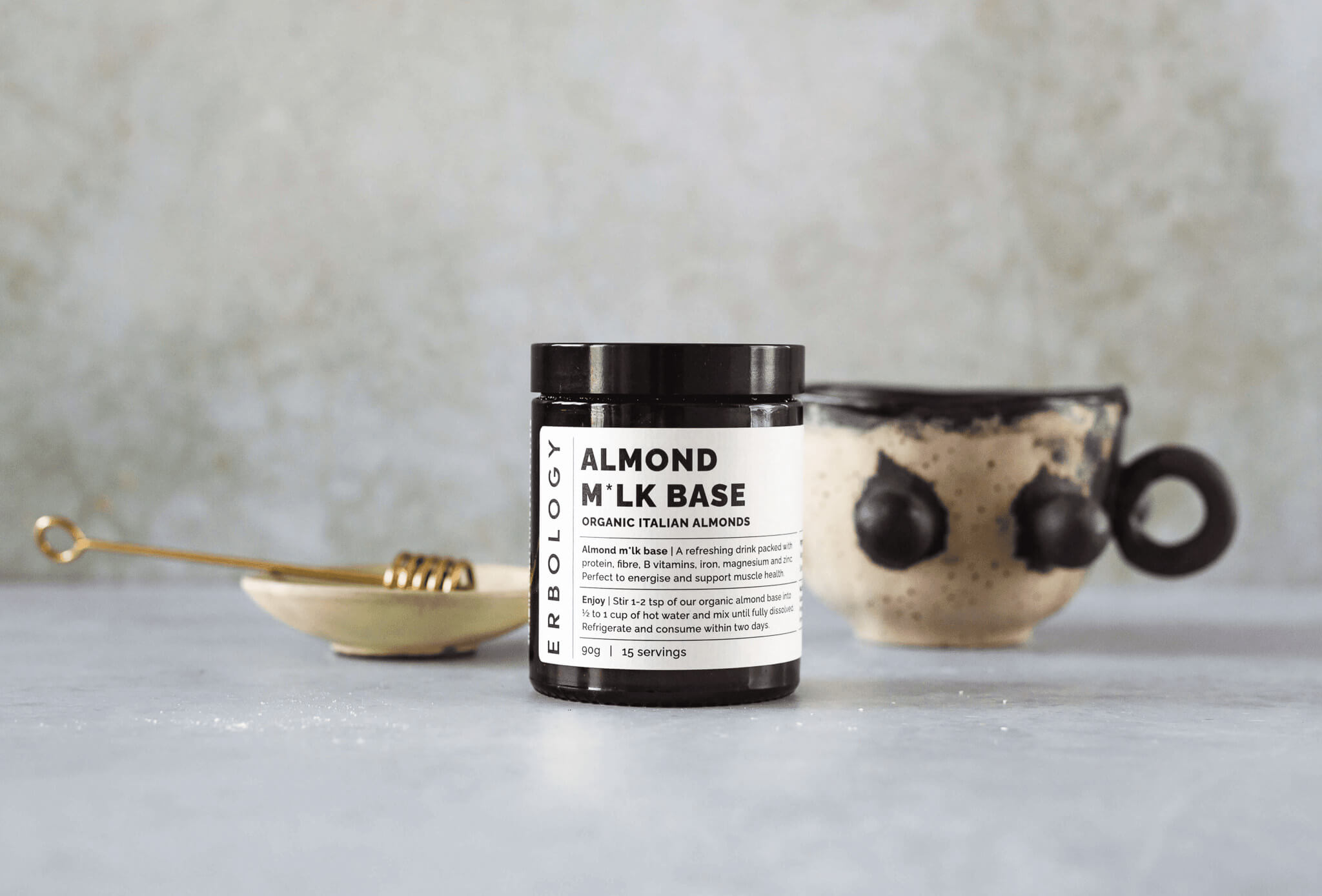04 Nov 2019
Plant-based diet: Let food be thy medicine
Pitfalls of the Western lifestyle
Here in the West, we enjoy a quality of life which is among the best in the world. Our medical system treats many illnesses incredibly effectively, and we've managed to curb the effects of some of the world's most dangerous diseases.
Public hospitals, the private health-care industry, and pharmaceutical companies centre around the treatment of infectious and acute diseases. These are usually caused by viruses or bacterial infections, and include strep throat, malaria and cholera, among many others. Acute diseases come on quickly and, with the right treatment, often end quickly, too.
However, there is another subset of disease to which we, in the West, are particularly vulnerable. These are chronic diseases, which come on slowly and can often affect people over a long period of time. Diseases like cancer, heart disease, and diabetes fall into this category.
Although there is no one identifiable cause for chronic diseases, the answer may lie in 'nurture' rather than 'nature'. While some people are vulnerable to certain diseases because of their genes, research has shown that only 10% to 20% of the risk of suffering from heart disease, cancer, and other chronic diseases is down to our genes.(1)
That means a lot of the factors which determine our overall health are under our own control.
Lifestyle choices and illness
Many believe that lifestyle and diet are the biggest contributors. of chronic diseases, a stance which is supported by scientific research.(2)
Unlike many cultures around the world, in the West we're particularly prone to eating lots of processed foods, not exercising enough, and spending most of the day sitting down at a desk or watching television.
To deal with chronic disease, we can't rely on the same treatments as we do for acute disease (such as vaccinations, courses of antibiotics etc.). Instead, we have to make changes to our lifestyle at a more fundamental level.
Using our diet as a way of combating chronic disease might seem novel, but actually the concept has been around for a very long time! The Greek physician Hippocrates, known as the father of Western medicine, sums it up best: "Let food be thy medicine and medicine be thy food."
undefined

Organic Aloe Vera Juice

Organic Greek Olive Snacks

Organic Styrian Pumpkin Seed Oil
